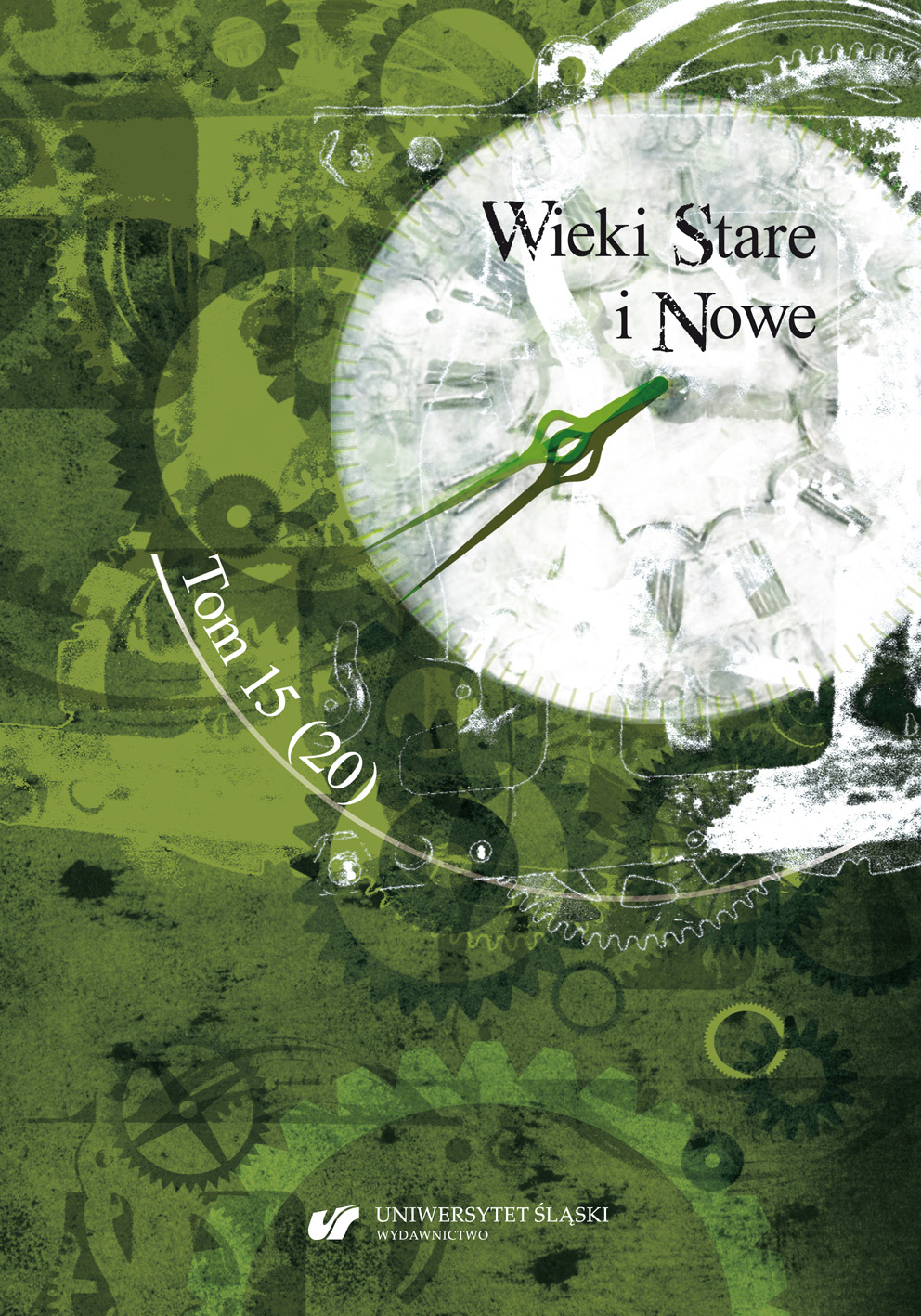Dowódca Referatu II Armii Krajowej z Gestapo — Eugeniusz Adamczyk „Wiktor”
The head of the Home Army’s 2nd Department in Gestapo — Eugeniusz Adamczyk, pseudonym “Wiktor”
Author(s): Karolina MaciaszekSubject(s): History, Military history, WW II and following years (1940 - 1949), Fascism, Nazism and WW II
Published by: Wydawnictwo Uniwersytetu Śląskiego
Keywords: Eugeniusz Adamczyk; the Home Army; counterintelligence; the Second World War
Summary/Abstract: Eugeniusz Adamczyk, an activist of the Home Army (AK), pseudonym “Wiktor,” was undoubtedly a hero of the Polish counterintelligence war meted out against Gestapo. He was in possession of uncommon skills that made him tailored for this kind of work. Born three years prior to the First World War in the village of Irządze, when he sought his first job, he wound up joining the police. At the moment of the outbreak of the Second World War, he had been on duty in the Tarnopol voivodeship. Having reached the General Government, he started to take active part in the operations of the Armed Independence Underground. Instantly after having been sworn in as a member of ZWZ (Union of Armed Struggle), following the order from the union’s leadership, he joined the ranks of Gestapo, the Nazi-Germany secret police. While stationed at a Gestapo precinct in Jędrzejów, he was able to aid in various ways those maltreated, tortured and persecuted by Hitlerites, those threatened to be arrested, resettled, or sent to the Reich as “labourers.” In the eyes of Poles oblivious to his mission, he was often considered a traitor. In recognition of his services, the Home Army leadership appointed him as a head of its 2nd Department of Intelligence and Counterintelligence in the Jędrzejów Precinct. Yet, a fate filled with hardships awaited him after the war. Twice he was arrested in the 1940s and he had to endure the worst kind of tortures inflicted upon him by the (communist) Security Service. Not until the amnesty of the year 1956 was he allowed to lead relatively normal life. He then became professionally involved at the Silesian University of Technology (Politechnika Śląska). However, he was eventually arrested again for an attempt to publish his memoirs detailing the former work for the Home Army, and for sending death sentences to prominent communist leaders.
Journal: Wieki Stare i Nowe
- Issue Year: 20/2020
- Issue No: 15
- Page Range: 117-133
- Page Count: 17
- Language: Polish

